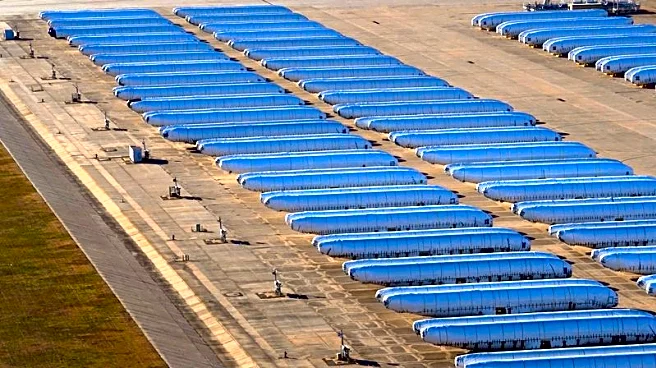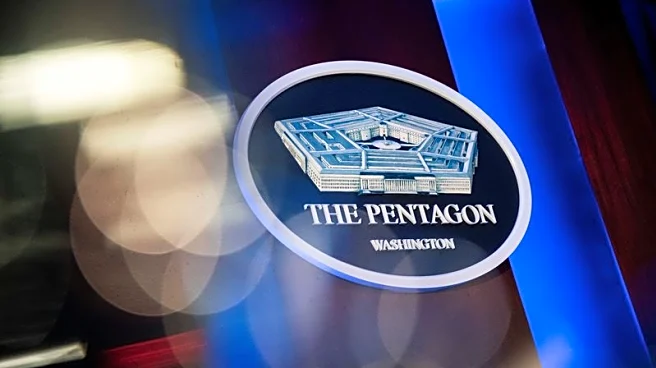What's Happening?
Fashion brands are increasingly partnering with influencers to leverage their social media presence and connect with target audiences. Influencers, who have built trust with their followers, offer brands a unique opportunity to showcase products in a relatable
manner. While influencer marketing provides advantages such as direct audience targeting and campaign scalability, it also presents challenges like potential scandals and negotiation complexities. Despite these challenges, 78% of fashion brands are working with influencers or planning to do so, driven by the demand for authenticity and consumer trust.
Why It's Important?
Influencer marketing is reshaping the fashion industry by providing brands with a more authentic and engaging way to reach consumers. This strategy allows brands to tap into the influencer's established trust and credibility, potentially leading to higher conversion rates and brand loyalty. As traditional advertising becomes less effective, influencer marketing offers a valuable alternative for brands seeking to connect with consumers in a meaningful way.
What's Next?
Fashion brands are likely to continue exploring influencer partnerships, focusing on building long-term relationships to enhance authenticity and trust. As the market evolves, brands may invest in technology and data analytics to optimize influencer campaigns and measure their impact. The industry will also need to address ethical considerations and ensure transparency in influencer collaborations.
Beyond the Headlines
The rise of influencer marketing reflects broader cultural shifts towards valuing personal connections and trust in advertising. Brands must navigate ethical considerations and potential risks associated with influencer partnerships to maintain consumer trust and loyalty. As the industry grows, these factors will play a crucial role in shaping the future of fashion marketing.


















